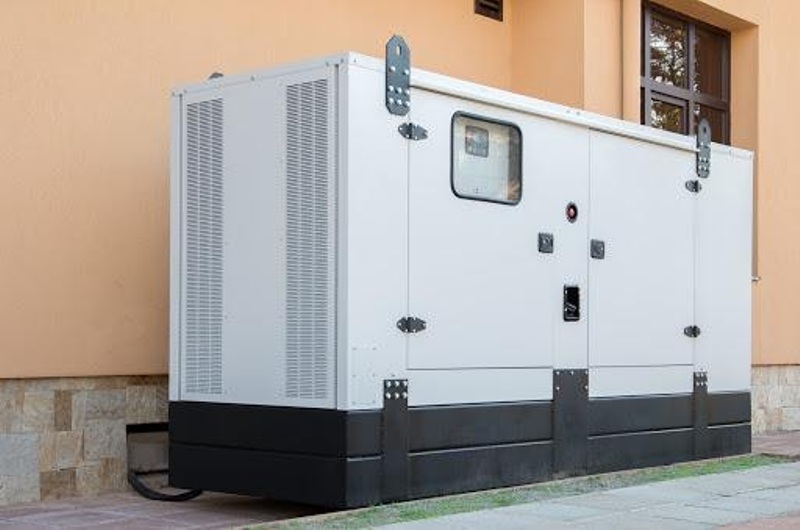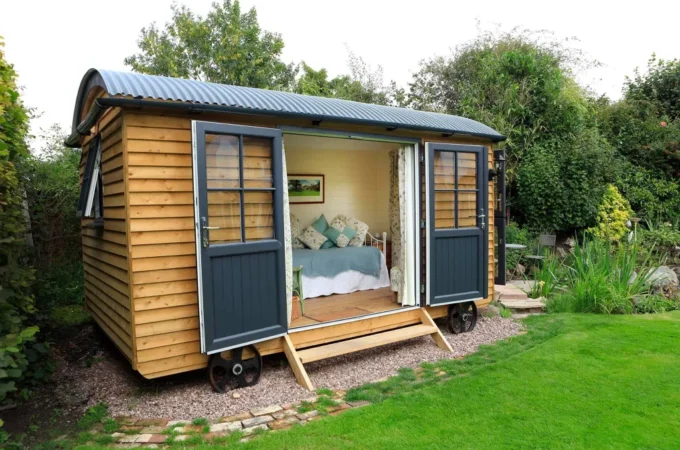
4 of the Best Whole House Generators to Buy and Use
If you’ve ever been involved in a prolonged blackout or gone an extended period without power, you know just how difficult life can get in short order.
Sometimes, it’s the power company itself that shuts off power in the name of safety. It’s times like these that you wish you looked at house generators sooner.
There are minor inconveniences, such as no lighting, use of electronics or appliances, or hot water.
But there are also major issues that come with no power, such as the spoiling of food, the lack of ability to communicate or receive information, and most importantly, the inability to control the climate indoors.
That means if you’re one of the millions of homes without house generators, you’ll be susceptible to whatever climate conditions the elements provide on the outside.
In the case of snowstorms, this can be lethally freezing temperatures.
In the case of regular storms or hurricanes, this can lead to devastatingly high temperatures after the storm, something that many humans can only tolerate for so long. So what is a homeowner to do? Read on to find out the best generator on the market today.
Best Whole House Generators
In the year 2020, there’s no longer a reason for you to go without power for even a single moment in your own home. The answer is house generators.
House generators are essentially a backup option for when your traditional power source goes out.
It allows you to operate anything and everything that runs on power, and you can power your entire house, depending on the size and capacity of the house generator you choose.
Here, learn about house generators and which ones are the best on the market today.
While, of course, you can always opt for a portable generator, these will not typically be able to run all the things in your home that you’ll need to. Rather, these are used for important things such as a refrigerator and charging electronics. They’re also used in camping often.
If you want a portable generator, be aware of the noise involved in many of them. Some generators make an annoyingly loud sound, which isn’t pleasant if you intend to use it regularly. Fortunately, you can find a pretty quiet generator on the market today.
As far as the pricing for portable generators, you can usually find new ones for somewhere between $500 and $1,500. The reason for the big price discrepancy is there’s a big difference in the relative quality of units.
However, here, we’ll be discussing the best whole house generators, or ones that typically wouldn’t be moved once installed at your home.
Let’s face it: staying in a hotel, or worse, with family during times of power outages is absolutely abysmal. Sometimes, it can take weeks for power to be restored after storms and disasters.
But none of this matters when you have a whole house generator.
The things that matter most in house generators include specifications such as fuel type, power output, maintenance needs, and warranties.
Your ultimate decision should be guided by the size of your house and how much power is needed to run it, including all appliances and anything else you would conceivably wish to run.
Here’s a list of the best whole house generators out there.
1. Generac 6552

The Generac 6552 puts out 22 kilowatts, enough to power a prototypical size home. This generator uses both propane and gas for fuel. It also has a powder coat finish called RhinoCoat that protects the body from any corrosive effects or whatever conditions it finds itself in.
The engine of this generator is designed to reduce the need for frequent maintenance and thus, make it more reliable in turn. Many buyers of this generator state the installation process was easy as well.
This generator comes standard with a five-year limited warranty.
2. Generac 7043

The Generac 7043, like the 6552, puts out 22 kilowatts, enough to power an average-sized home.
This generator is easily accessible for installation and maintenance or repairs. However, the battery isn’t included in the price of the generator, so it has to be purchased separately.
There’s an LCD display to monitor the generator. The engine of this generator is pressure-lubricated and was specially built for generator usage, making it one of the more reliable ones out there.
It uses both gas and propane for fuel as well, and the generator comes with a five-year limited warranty.
3. Kohler 20RESCL

The Kohler 20RESCL is known throughout the generator world for being extremely quiet, putting out only 64 decibels of noise. It has an enclosure that’s corrosion proof, ensuring it’ll never get damaged, even in the harshest of conditions.
This generator puts out slightly less than the previous two, only 20 kilowatts. This generator can be up and running within seconds of a power outage and uses either gas or propane to operate.
This generator clocks in at over 300 pounds, so it’ll require assistance when installing. This Kohler generator comes with a five-year / 20,000 working hour limited warranty as well.
4. Briggs & Stratton 40445

The Briggs & Stratton 40445 generator is one picked for those with their budget in mind. It puts out a mere 8 kilowatts, less than half of any of the others on here.
With that said, it should still be able to provide electricity to a modest two-bedroom home for a couple of days or even more, depending on how much power you consume.
Installation is very easy, and since this generator was certified by the NFPA (National Fire Protection Agency), you can place it up to a foot and a half from your home!
You can use either propane or gas for fuel, and it also comes with a five-year warranty on parts, labor, and travel.
More on Home Improvement
Whether or not house generators are a good investment for you largely depends on how often you’re inconvenienced by the loss of electricity.
The cost of a house generator is considerable. But getting a generator for your home is an investment in your own comfort and peace of mind. These machines are the difference between living normally or being stuck at the mercy of the power companies in times of outages.
Do you want to learn more ways you can improve your home? Then feel free to check out our home improvement tab for various tips and articles.




